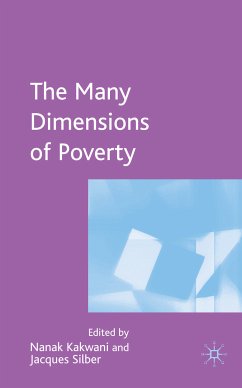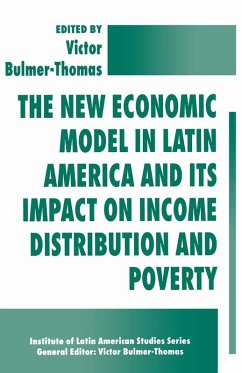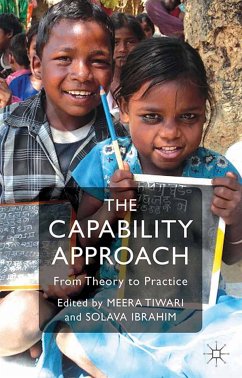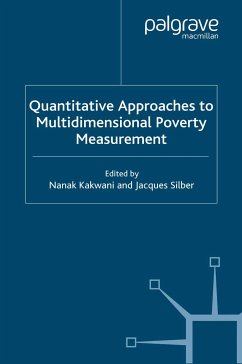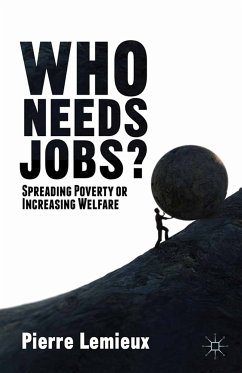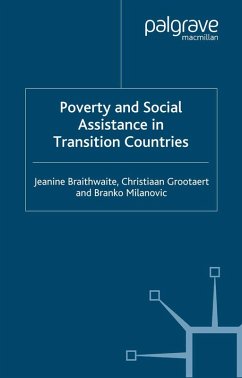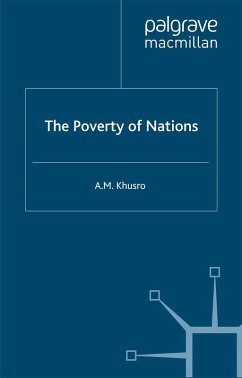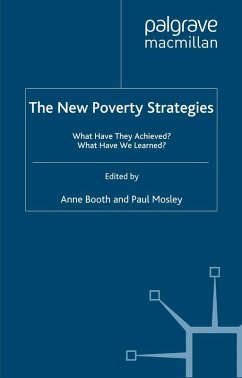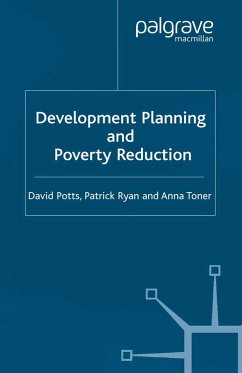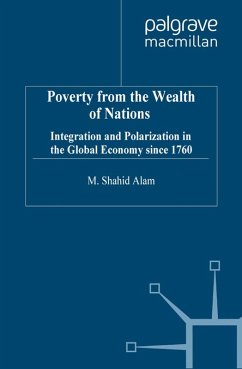
Poverty From The Wealth of Nations (eBook, PDF)
Integration and Polarization in the Global Economy since 1760
Versandkostenfrei!
Sofort per Download lieferbar
72,95 €
inkl. MwSt.
Weitere Ausgaben:

PAYBACK Punkte
36 °P sammeln!
In Poverty from the Wealth of Nations , the author presents an analysis of the evolution of global disparities that goes beyond the earlier neo-Marxist critiques of global capitalism. He moves beyond their narrative by inserting two additional asymmetries into the global economy - those created by 'unequal races' and unequal states. The author analyzes not only the power of markets, but the powers that shaped these markets. More importantly, he marshals cross-country evidence to show that loss of sovereignty retarded industrialization, human capital formation and economic growth.
Dieser Download kann aus rechtlichen Gründen nur mit Rechnungsadresse in A, B, BG, CY, CZ, D, DK, EW, E, FIN, F, GR, HR, H, IRL, I, LT, L, LR, M, NL, PL, P, R, S, SLO, SK ausgeliefert werden.



